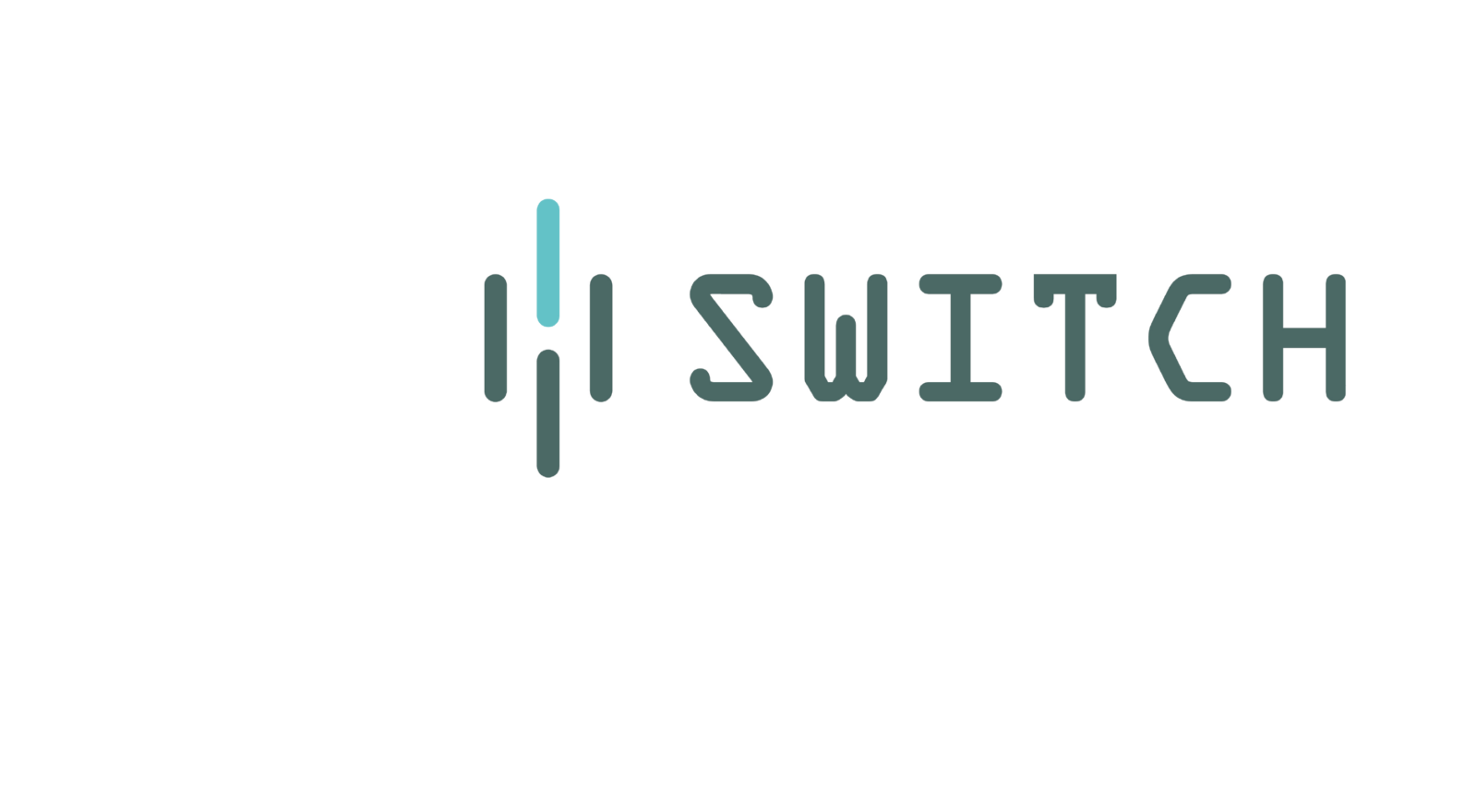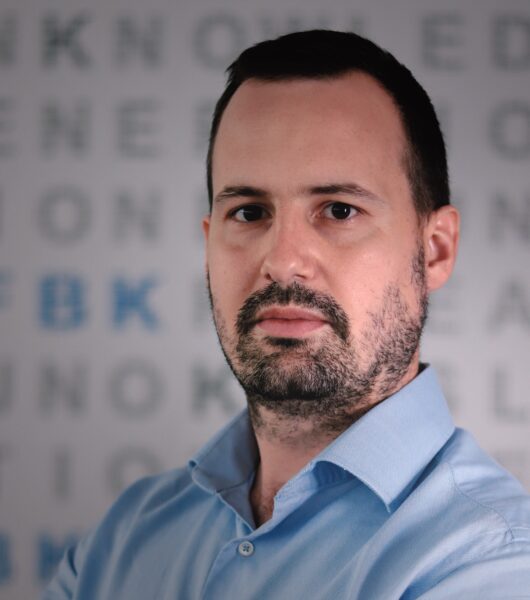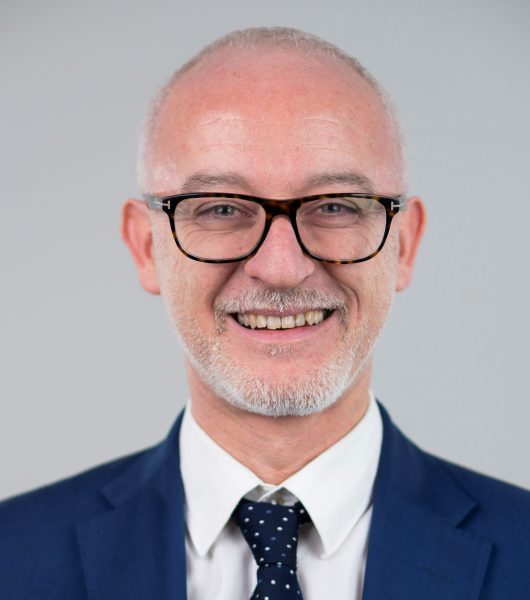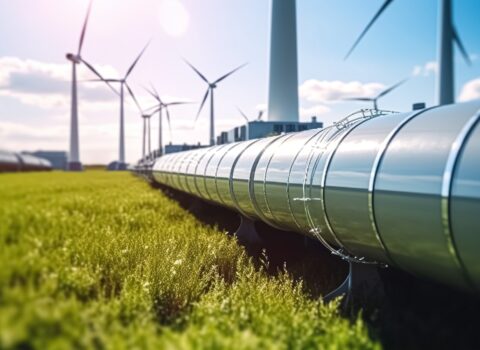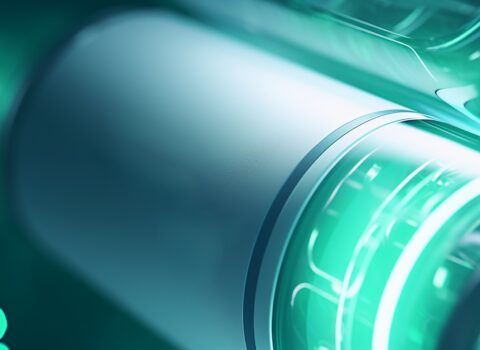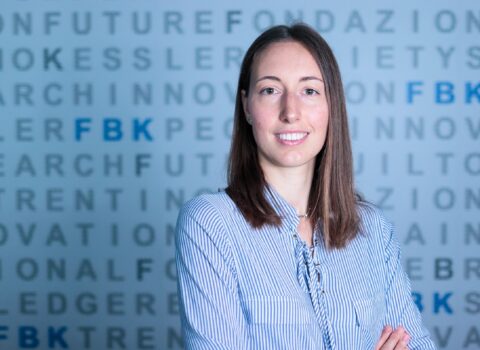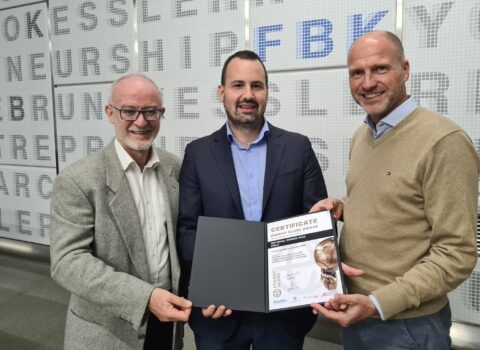
Curtain down on SWITCH project
A novel flexible solution validated using a reversible Solid Oxide system: Smart Ways for In-Situ Totally integrated and Continuous Multisource Generation of Hydrogen (SWITCH project)
On the 31st of March 2024, the consortium partners brought the curtain down on SWITCH, an innovative project focused on the development and validation of an in-situ fully integrated and continuous multisource hydrogen production system. This European project was funded by the Clean Hydrogen Partnership and implemented by seven interdisciplinary organisations from across Europe led by Fondazione Bruno Kessler since it began in 2019.
One of the key principles of the EU Green Deal is to ensure a secure and affordable EU energy supply. Hydrogen generation is aiming to support the growth of clean and low carbon energy systems and their diffusion in order to have a fully decarbonized society.
At present, unfortunately, the large majority of hydrogen is produced from natural gas and oil, resulting in the co-production of CO2, a significant greenhouse gas. The remaining hydrogen is generated through electrolysis, although the majority of this production relies on non-renewable sources.
The European research project SWITCH attempted to tackle these challenges. During four years of intense research and collaboration, the consortium succeeded in different directions by creating a system that accommodates the intermittency of renewable energy by being able to rapidly switch between electrolysis and fuel cell operation modes. Furthermore, the flexibility of the system is a big added value as it allows to use distinct energy carriers, the connections to the grid as it ranges from the production to the consumption of energy with a focus on mobility due to its reversibility.
The project provided a robust baseline from which to start further system development through the creation of demo sites.
“The SWITCH project has successfully concluded, leaving behind a lasting legacy in the field of sustainable energy production that will be felt for the years to come.
The project’s groundbreaking achievement lies in the development of a novel hydrogen production system that leverages solid oxide cell technology” reports the Project Coordinator Matteo Testi – Head of HyRES Unit at the Center for Sustainable Energy of FBK. “This system surpasses traditional hydrogen production methods in terms of efficiency, cost-effectiveness and environmental friendliness, heralding a potential revolution in the way we produce and utilize hydrogen. SWITCH represents a major leap forward in the journey towards a clean hydrogen economy, promising reduced emissions, enhanced energy security and a more sustainable future. The project’s significant contribution to the development of a low-carbon future has been duly recognized on the international stage. SWITCH was recently bestowed with the prestigious Energy Globe Award 2023 for Italy, a testament to its remarkable impact in the fight against climate change and its potential to create a real difference in the world. The SWITCH project’s success serves as an inspiration, showcasing the potential of innovation and collaboration to drive positive change and propel us towards a cleaner, brighter future”.
On May 15th, SWITCH held the final event “Hydrogen production and the society decarbonisation: SWITCH contribution to continuous energy supply and creation of flexible and interconnected energy systems grids”.
The conference was organised online to give the possibility to a higher number of participants to attend the event.
Following the greetings from the Project Officer Eleni Kontonasiou and introduction to the project by the Coordinator Matteo Testi, several brief presentations by each partner representatives took place showing the activities implemented and the result achieved.
Xinyi Wei (Ecole Polytechnique Fédérale de Lausanne) outlined the hydrogen production technologies and reported the outcomes of the SWITCH project’s Life Cycle Assessment which shows that a solid oxide electrolyzer is more efficient and tends to have lower environmental emissions during hydrogen production.
Zacharie Wuillemin (SolydEra) presented the origin of the project He underlined how SWITCH allowed the company to enhance its knowledge in controlling more efficient reversible hot modules that can be easily integrated into complete hydrogen production plants. Florian Waeber (SolydEra) presented the main performance data of the core system developed for the project. Zacharie Wuillemin concluded with the perspectives and outcome of this system for the future.
The first part of the event concluded with the interesting speech of Matthias Metten (DLR), who focused on the results from the testing activities on segmented cell tests, on stack level and on a large stack module. The testing was performed by EPFL, FBK and DLR and demonstrated the entire operating rage of SWITCH in electrolysis and fuel cell operation.
The second part of the event concentrated on the technology and its exploitation.
The Chief Engineer of SWITCH Project Ilaria Mirabelli (HyGEAR) explained to the audience the characteristics and performance of the prototype and guided the participants in a virtual tour of the containers. The presentation was then followed by the speech of Monika Marek (Sweco Polska) who outlined the targets of the technology which can either be end-users or integrators.
The event concluded with a lively and stimulating discussion on how hydrogen can really have an impact on decarbonising the society.
The panel was moderated by Matteo Testi and saw the participation of Luigi Crema (Director of the Center for Sustainable Energy of FBK), Hans ten Dam (Director R&D HyGEAR), Srikanth Santhanam (Shell), Antonello Nesci (General Manager at SolydEra SA), Jan van Herle (Head of Unit at EPFL) and Matthias Metten (DLR).
The discussion gave the opportunity to the audience to understand in more depth the scale-up potential of the SWITCH technology and the impact of the project while fostering exchanges on the challenges and potential of hydrogen production.
The speakers focused on several topics, ranging from incentives to the integration of new technologies in the market, raising the awareness on how hydrogen can foster the decarbonisation of big industries to the scale-up potential of SWITCH technologies. The current landscape and potential impact of hydrogen in Italy, Switzerland and Germany was also underlined.
More information about the project at: https://switch-fch.eu/
